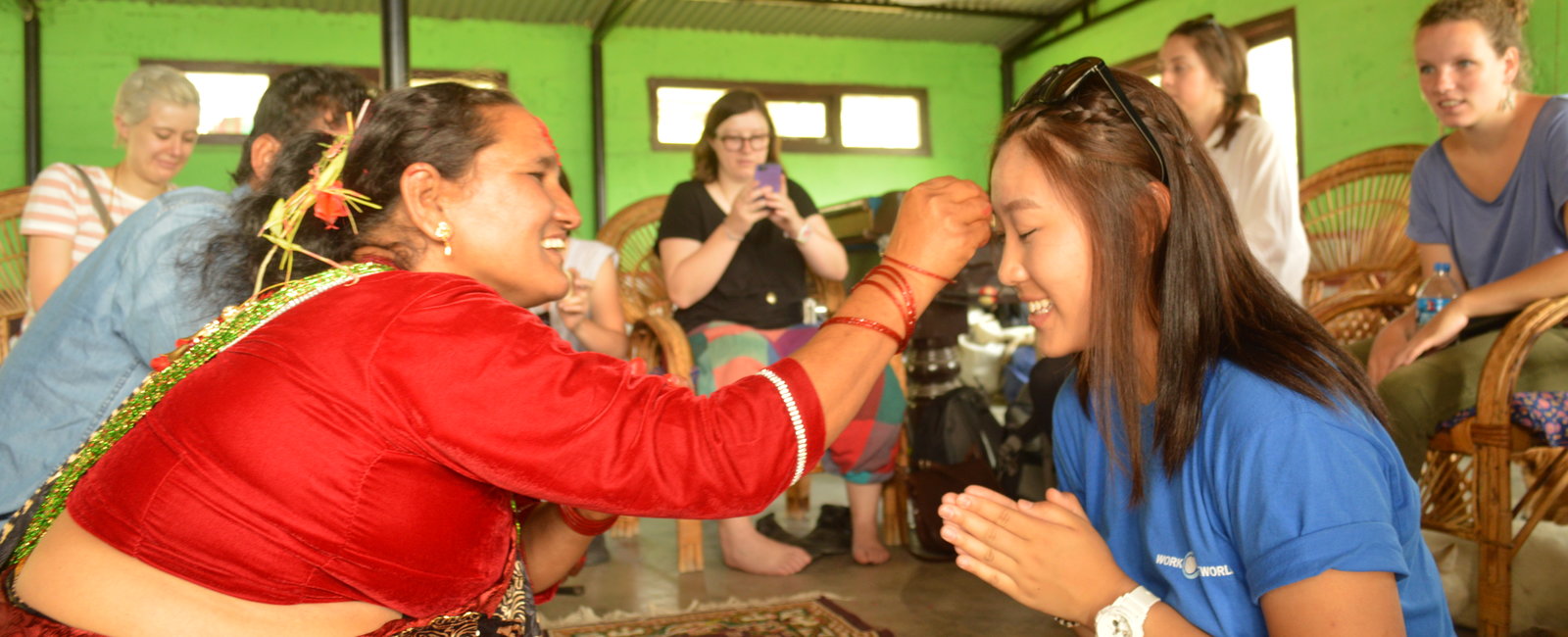St George's, University of London 2023
I chose Vietnam to experience life in a developing country, to understand critical issues in child and maternal health, as well as the barriers to improving health on a personal and population level. Upon receiving confirmation that my medical elective would be in Vietnam, I felt immediate excitement.

My elective was based in Hue, a city in the North Central Coast region of Vietnam, on the banks of the Perfume River. I was lucky to undertake placements at both public hospitals in Hue. One of the biggest hospitals in the country, with more than 4,500 hospital beds across 113 departments. The other was a university teaching hospital, which is formed of 700 patient beds.
I spent my first 3 weeks across both hospital sites with the paediatric teams. This included spending time on the Infectious Disease, Endocrinology, NICU, Oncology and Renal departments. Each department is formed of 3-4 rooms each housing 6-10 patients.
Each patient had a bed, more specifically, a metal frame with a roll of plastic, a pillow and a blanket. In Vietnam, it is the family’s responsibility to provide care for their relative, including meals.
In each department, the supervisor provided a tour and introduced me to the patients. Here I was able to assist with taking care of babies in NICU, this included feeding and washing them alongside the nursing team.
As parents are unable to visit NICU, it is often the medical students who assist with care. I saw various conditions such as respiratory and gastrointestinal infections, which incidentally were on the rise due to an increase in ice consumption with the warmer weather. The equipment within the hospitals was often rudimentary and as a result difficult to assemble.
A case of note was a neonate experiencing difficulty breathing who was not started on assisted breathing for 45 minutes due to an issue with the equipment. During this time several doctors used wrenches and other tools to fix the machine beside the deteriorating patient.
 Through this experience, I learnt about the importance of a clinical diagnosis, relying on the signs and symptoms, rather than formal testing. Diagnostic testing was often limited by practicalities, such as a baby who waited one week for an x-ray as they do not have a portable machine or a child with suspected hepatitis who was unable to have liver tests due to a shortage of the reagent needed.
Through this experience, I learnt about the importance of a clinical diagnosis, relying on the signs and symptoms, rather than formal testing. Diagnostic testing was often limited by practicalities, such as a baby who waited one week for an x-ray as they do not have a portable machine or a child with suspected hepatitis who was unable to have liver tests due to a shortage of the reagent needed.
Additionally, I spent 1 week with the Obstetrics and Gynaecology team. Here I attended the gynaecology outpatient department, labour ward and theatres. I had opportunities to examine patients, deliver babies and assist with caesarean sections, under hospital supervision. The delivery suite was a singular room with 3 beds in a row.
Patients are not allowed a birthing partner inside this room, I was taught that culturally Vietnamese people do not express pain, for this reason, women labour almost silently, with no pain relief. At my hospital, it was not possible to provide an epidural, with paracetamol being the highest strength pain relief offered.
Interestingly in Vietnam, there is an increased rate of infertility and as a result a high number of IVF pregnancies resulting in twin or triplet births. Throughout my placement, I was able to engage with Vietnamese medical students who were fascinated to hear about my medical education as well as the differences I had noted between our healthcare systems.
Finally, I completed 1 week at the Village Healthcare Week in Quang Dien.
This was the highlight of my trip, as it allowed me to understand and experience rural farming communities, their homes, culture and healthcare system.
Here I visited a small clinic, which functioned similarly to general practice as well as a small hospital. While in the local hospital, I attended the Traditional Medicine Department, physicians within this department use methods such as acupuncture, massage and herbal remedies to treat their patients. I was interested to learn that traditional medicine doctors must complete 2 years of Western medical training to ensure they have a good understanding of the body to work in harmony with traditional techniques.
Through this experience, I adapted to a new environment, improved my practical skills and had the chance to explore a new community.
Getting experience with patients who have different diseases, cultural beliefs, and socioeconomic standings compared to those in the Western world created unique and eye-opening experiences. The lessons I learned have been humbling, and I hope to carry these lessons with me wherever I go.
Read more about our Electives in Asia, where you'll discover various options in Vietnam and other exciting countries across the continent.

Start Your Journey
Want to go on your own once-in-a-lifetime trip? Get started below:
Want to go on your own once-in-a-lifetime trip? Get started below:








